Self-employed Claimants
Self-employed people are not employed under a contract. Self-employed people can include trades such as window cleaners, certain taxi drivers, painters and decorators, hairdressers, cleaners, and gardeners.
A person can be self-employed as a sole trader or as part of a business partnership.
If you are self-employed and want to apply for housing benefit and/or council tax reduction, you will need to complete our self-employed earnings form, in addition to the Council Tax Reduction benefit application form.
Information requirements for self-employed claimants
We will ask for an estimate of the likely business income and expenses over the first few months of trading for new businesses.
This will help us to pay your benefit sooner rather than having to wait until you have been trading for a few months.
If you have been trading for over 12 months, we will ask for a full year's trading figures – normally in the way of a profit and loss account.
What is your total income for benefit purposes?
You need to provide details of all the income of the business as well as any other money coming into your household. This includes interest from business bank accounts, tips and royalties. We will advise you whether or not this money is counted for benefit purposes.
Which expenses are then taken off this income?
You must provide details of all of your expenses. Only expenses that are 'wholly and exclusively' related to the business can be allowed for benefit purposes.
Please note that the rules about expenses allowed for benefit purposes are different to those for income tax purposes.
Tax and National Insurance
After the net profit of the business is worked out we will make an assessment of income tax and National Insurance contributions. These figures may differ from the figures worked out by HM Revenue and Customs.
Private pensions
Please supply proof of any contributions you may make into a personal or private pension. Half of any contribution that you make will not be included as part of your income for benefit purposes.
Working age self-employed claimants
Self-employed claimants with net earnings below the equivalent of 16 hours minimum wage per week will have a minimum income floor used to calculate their income. If their net earnings work out to be more than the equivalent of 16 hours minimum wage per week, then the actual earnings amount will be used to calculate council tax reduction. As of 1 April 2023 this figure is set at £166.72.
The minimum income floor has been calculated based on the national living wage x16 hours per week (£166.72 from 1 April 2023). The minimum income floor will only apply to working age claimants and it will only apply to the council tax reduction side of the claim. The minimum income floor applies to all working age self-employed claimants or their partners. This minimum floor is regardless of the number of hours they actually work.
There is a 12 month grace period for any new self-employed business. New businesses will have their actual self-employed earnings used to calculate their council tax reduction claim. The minimum income floor will not apply until 12 months after the new business was started.






